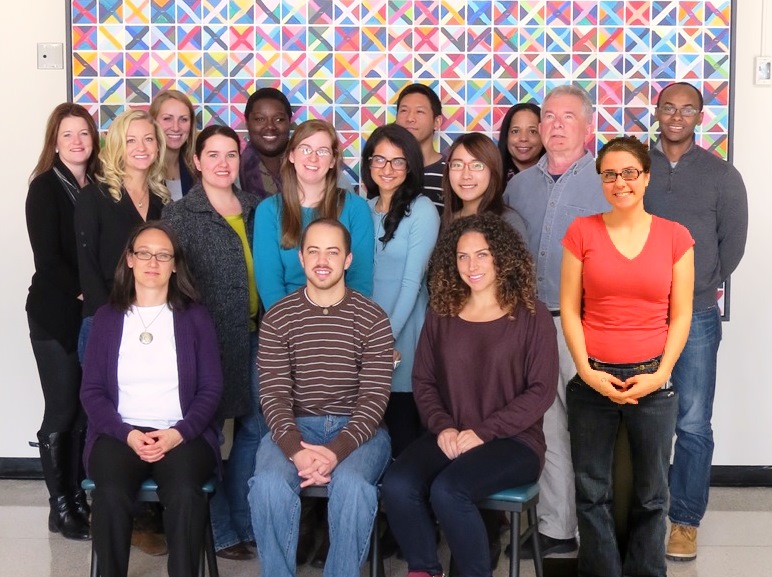College's Counseling Psychology Program rated fourth in nation by CounselingPsychology.org
by The College of Education / Sep 11, 2014

The Counseling Psychology Program (CPP) in the Department of Educational Psychology was ranked No. 4 on CounselingPsychology.org’s “Top Psy.D. & Ph.D.” list. The data and ranking methodology relied on published surveys, exam scores, and other school and career information gathered through sources such as the U.S. Bureau of Labor Statistics, the American Psychological Association, and the Association of State and Provincial Psychology Boards.
In addition, the organization ranked more than 60 U.S. programs by analyzing the Examination for Professional Practice in Psychology (EPPP), which is used by state boards of psychology as part of the process in granting licensure. EPPP pass rates provide a trusted gauge of determining how well students are prepared for a career in professional counseling. The College’s Counseling Psychology doctorate program received an EPPP rate of 95.45 percent, trailing only programs at Southern Mississippi, Akron, and Oregon.
Professor Helen A. Neville, who serves as the chair of CPP, said many people in the Department of Educational Psychology, as well as colleagues in the Department of Psychology, provide outstanding training to CPP students.
“We have a very high five-year pass rate on this strenuous examination,” Neville said. “This tells me is that we recruit high-quality students into our program and we provide them with solid training that prepares them to become well-rounded, informed applied psychologists. Our alumni performance provides a behavioral indicator of the quality of our training.”
CPP has been accredited by the American Psychological Association since 1985. The program is based on a scientist-practitioner orientation to counseling psychology, viewing research and practice as interdependent and complementary. Research and practice are integral aspects of the program; students with a strong interest in psychological research and academic careers are given priority in admissions decisions.
The program also emphasizes the development of multicultural competence in both research and practice and adopts a multicultural perspective as outlined by the APA Guidelines on Multicultural Education, Training, Research, Practice, and Organizational Change for Psychologists. Many CPP students pursue research and scholarship on multicultural and social justice issues.
“Our alumni are very diverse in terms of racial and ethnic background, nationality, gender, and sexual orientation. We believe that this type of diversity helps to create a rich learning environment,” Neville said.